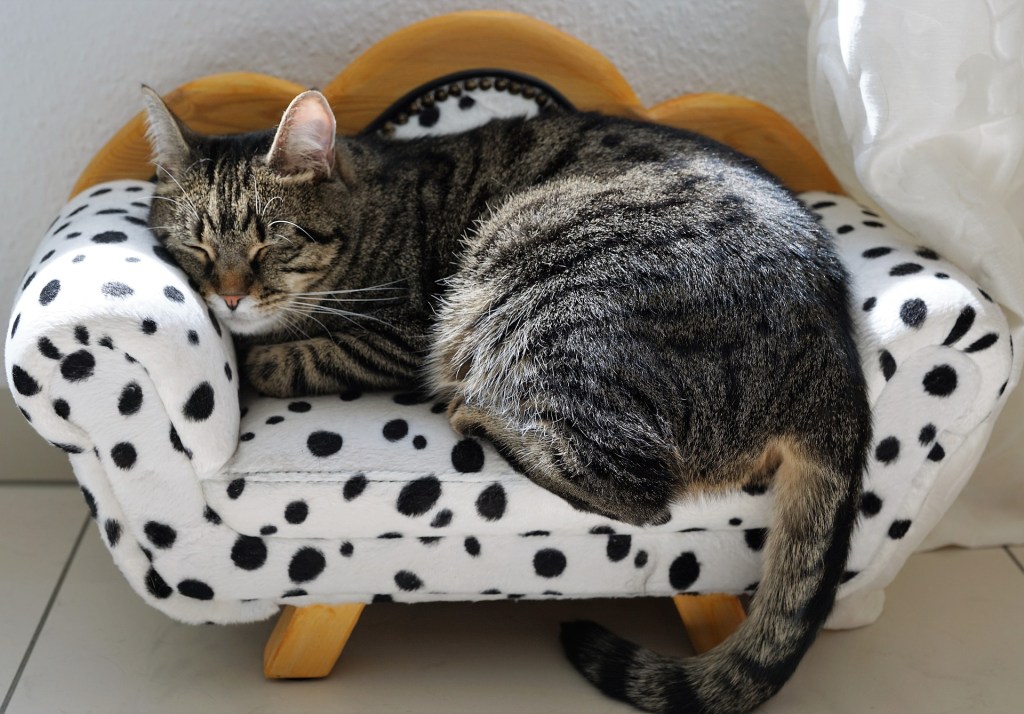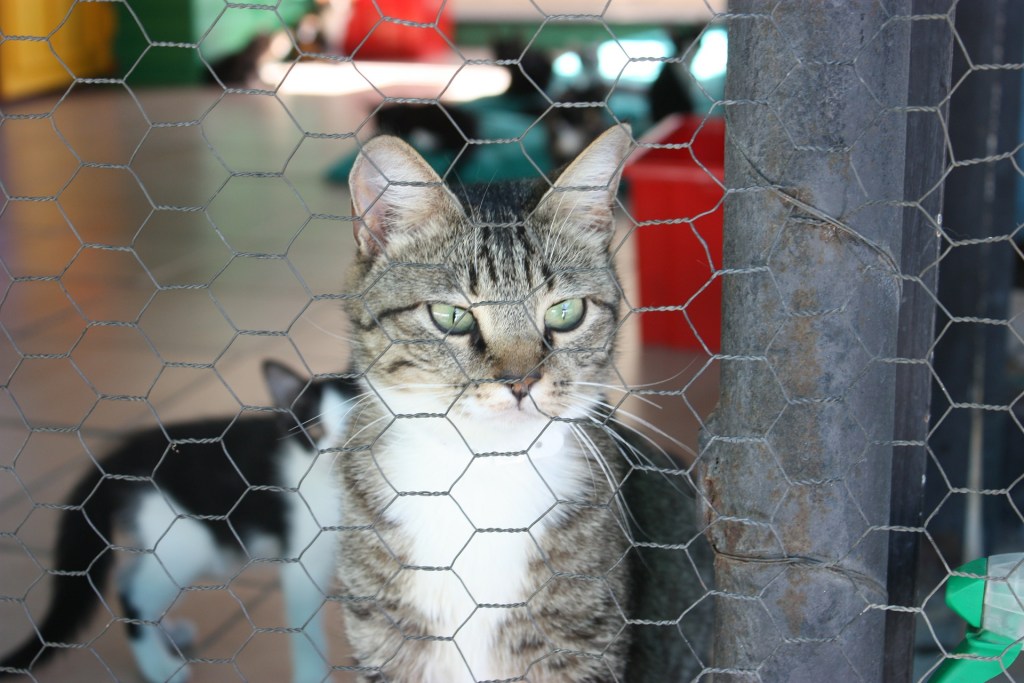If you’re planning for a vacation or a work trip, then it’s important to prepare thoroughly and make sure your cat will be safe and well cared for while you’re gone. Cat boarding is a popular solution for those trips that keep you away from the house for more than a day or so, but there are many myths about pet boarding that might have you nervous. Naturally, you want your cat to be safe and happy while you’re gone, but boarding can help with that. Don’t write off boarding your cat yet — not until you learn the actual truth behind these common boarding myths.

Myth: Cats are in boarding with dogs in the same space
If you envision a boarding facility as being a loud, chaotic space where dogs in kennels are barking at cats in kennels just a few feet away, then it’s time to rework that vision. Most boarding facilities are designed so cats and dogs are in entirely separate rooms. Often, those rooms are accessible via different hallways and entrances, meaning your cat may never even be aware there are dogs in the same building. This makes for a lower-stress environment for your cat, and a safer one, too.
Myth: Boarded cats are kept in cramped cages
You want your cat to be comfortable while he’s being boarded, and that’s what a boarding facility also wants. Most facilities have spacious cat condos that give your cat room to move around, use the litter box, eat, and retire to a separate sleeping area. Many of these cat condos have multiple levels, ensuring your cat can live and stretch out in comfort.
Myth: Boarding is too stressful for cats
A change like going into boarding can absolutely be stressful for cats, but staying home alone for an extended period can be even more stressful. A cat who is used to having you around and receiving his meals at certain times can become extremely stressed when you don’t come home and his entire schedule changes. Highly social cats may be deeply upset when they don’t receive the attention and interaction they’re used to.
Boarding your cat means he’ll be in a social environment with entertainment and interaction from caretakers. While going to a boarding facility can cause stress, that stress will probably be less than what your cat would experience if left home alone.
Myth: Cats with special diets or special needs can’t be boarded
If your cat has special needs like a particular diet or medication, that’s no reason not to board him. A great boarding facility will be happy to help ensure your cat is well cared for, even if that means accommodating some special needs. Be sure to call the boarding facility in advance to discuss your cat’s needs and to confirm the facility is a good fit. Have a cat with more significant veterinary needs? Look for a veterinary facility that offers boarding services to ensure your cat will get the care he needs.

Myth: Cats catch diseases in boarding
While there’s always the potential for disease spread in areas where lots of animals are living together, a quality boarding facility will take steps to prevent any sort of disease transmission. Ask a boarding facility about their cleaning policy and look for a facility that disinfects cat condos in between stays, that disinfects all dishes and litter boxes, and that has a rigorous cleaning protocol in place.
Remember, too, that most boarding facilities will require that your cat be up to date on vaccinations before he comes in for a stay. These vaccinations provide important protection against many diseases and can help keep your cat safe during his stay.
The prospect of putting your cat into boarding, especially for the first time, can fill a pet parent with anxiety, but remember that a great boarding facility will be highly dedicated to your cat’s care. In boarding, your cat will receive the attention needed to keep him safe and healthy during the entire stay. Just be sure to find a boarding facility that has a good reputation, and that you can trust. Ask plenty of questions ahead of time and discuss your concerns with staff so they can address them and make a plan with you that puts you and your cat at ease.


